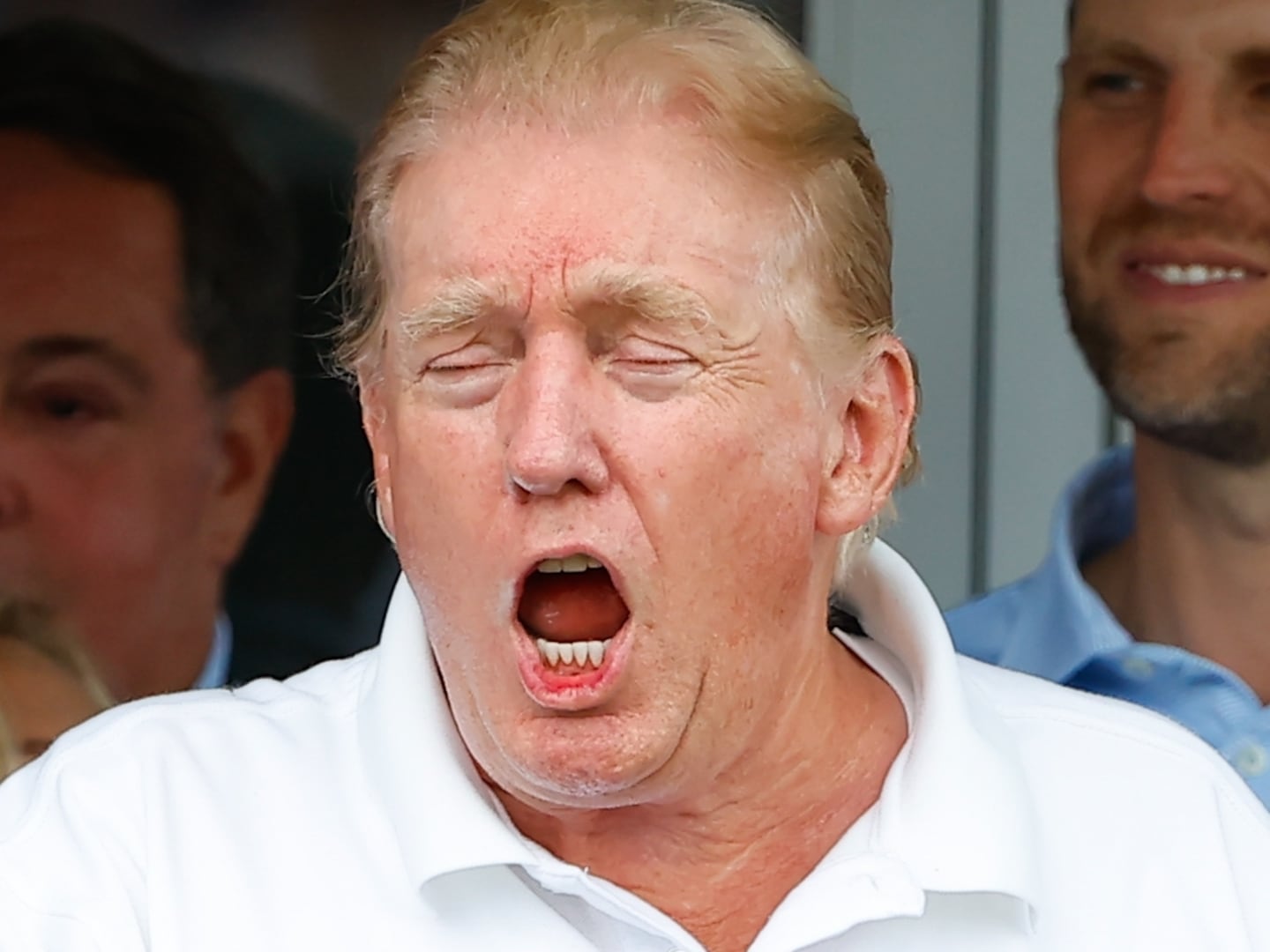Whatever they say about their talking points for the vice presidential debate, JD Vance and Tim Walz each has one goal for Tuesday evening: to win.
With Donald Trump, the 78-year-old Republican nominee who has survived multiple assassination attempts, running against Vice President Kamala Harris, a newly-crowned Democratic nominee, the face-off between the Number Two candidates could be the most important ever.
Both campaigns are certain to position their candidate as the debate’s winner. Here’s the Daily Beast’s guide to six measures that will help viewers tease out who really won.
Who Dominates the Narrative?
Post-debate headlines will probably center on one key story, and the winner of the debate is likely to be the one who chooses it.
The candidates will go into the evening with talking points they hope will outshine their opponent’s. Vance plans to slam Walz on illegal immigration and tie him closely to the woman Vance and Trump call the “border czar.” Vance may also cast Walz as an ultra-liberal governor who wants to defund the police.
Walz, on the other hand, has portrayed the Republican ticket as a pair of weirdos who want to take away abortion rights.
When evaluating the candidate’s performances, think about the remark or exchange that stole the show; the candidate who orchestrated that moment is the likely winner.
Polling and Data
The most clear-cut indicator of who won comes in the form of hard numbers. Expect snap polls in the immediate aftermath of the debate to give the first hint. For these surveys, organizations ask undecided voters to draw conclusions about the candidates’ performances. In many cases, their perception is reality.
When the dust settles, more rigorous polling will provide an even more reliable answer. Going into the debate, more people say they like Walz than Vance; the Minnesota governor has an average net favorability rating of 3.7 points, while the Ohio senator’s sits at -11.2 points. Check for movement in those numbers after Tuesday night to see who made the most of the opportunity.
After the debate between Trump and Joe Biden earlier this year, all these indicators looked bad for the sitting president. Indeed, his debate performance ended up being one of the worst ever; he lost the debate so badly he had to drop out of the race.
Post-Debate Fundraising and Media Coverage
With just over a month to go before Election Day, two resources will help campaigns vacuum up more votes: money and media. Those two measures will also be among the most practical signifiers of who emerges from the debate victorious.
An influx of post-debate cash demonstrates that a candidate’s performance sparked enthusiasm. For instance, Harris’ fundraising in the 24 hours following last month’s debate totaled $47 million—the second-biggest haul of any day of her campaign.
Media coverage will also help determine who won. Watch for talking heads heaping praise across the aisle and viral posts that suggest the prevailing sentiment about the VP contenders’ performances.
Fact-Checking and Accuracy
In an era rife with misinformation, voters want to know which politician is telling them the truth. After moderators corrected the record on some of Trump’s most egregious lies, the former president called his debate with Harris “three on one.” This time around, it will be up to the candidates to fact-check each other.
During the VP debate, look to see who is able to pick apart their opponent’s claims more convincingly. On the campaign trail, Vance has already begun practicing. The Yale Law grad has needled Walz about exaggerating his military record and inaccurately stating that he and his wife used in-vitro fertilization. Meanwhile, Walz’s allies are worried about their candidate shutting down under pressure, Politico reports.
Body Language and Composure
The candidates’ body language may end up communicating more than their actual words. Vance and Walz will both be appearing on the biggest national stage of their lives, with the public set to scrutinize every movement. Watch who stands confidently, who appears relaxed and engaged, and who appears uncomfortable with all the attention.
In fact, the moments that help candidates win debates can happen when they say nothing at all. Harris found that to be true in her face-off with Trump last month; when the two took the stage, she appeared to rattle him by offering a hand shake. And as his claims went off the rails, she didn’t need to offer much verbal rebuttal. Her face said it all.
Blunders and Mistakes
The defining moment of a debate often comes when somebody messes up. If Vance or Walz makes a major mistake—whether that means an inaccurate claim, an insensitive remark, or just a phrase that sounds stupid—it could cost them dearly.
Historically, blunders have been among the clearest indicators of who lost a debate. For instance, after Rick Perry forgot the third federal agency he planned on scrapping in a 2011 presidential debate, literally saying “oops” during his onstage brainfreeze, his position in the polls tumbled. He dropped out of the race a couple months later, but the mistake haunted him for years.
The candidates’ biggest fear is a boon to debate-watchers hoping to make sense of their performances. If either Vance or Walz makes a debate-losing (or career-ending) mistake, voters won’t need polls or the media to tell them. They’ll just know.






